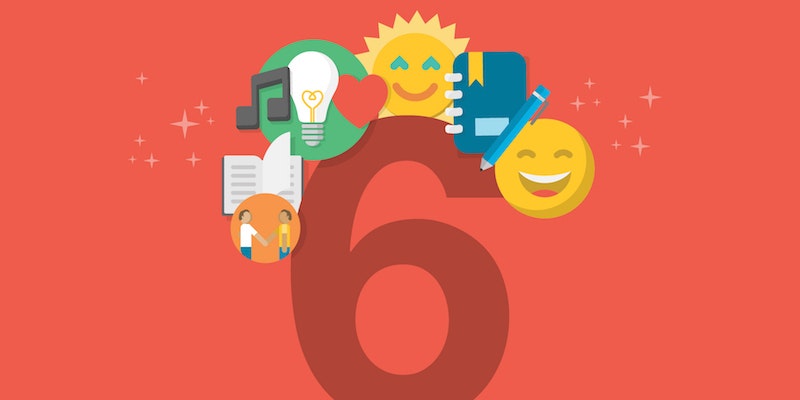Let’s face it, when it comes to staying healthy, a lot of things HR execs want employees to do are hard — lose weight, stop smoking, get more exercise, or even just get an annual flu shot.
Yes, it’s important to help people avoid getting sick, which is why Rally encourages users to take small steps that can lead to big changes — this way, everyone wins. Benefits include increased productivity, better morale, and happier, healthier employees.
But the newest thinking, which has been steadily moving from academia to the workplace, is what we call HR 2.0, and focuses on wellness as well. Inspired by Dr. Martin Seligman, the father of positive psychology, this approach says wellness promotion is just as important as disease prevention, because it increases productivity and happiness.
In his book “Authentic Happiness,” Seligman cites research that showed happier people got better performance evaluations and high pay. This mirrors earlier studies, including a 2005 meta-analysis that found that happy people are successful people.
Psychologist Shawn Achor calls it the “happiness advantage.”
“Every business outcome shows improvement when the brain is positive,” says Achor, whose TED Talk “The Happy Secret to Better Work” has racked up more than 13 million views.
Researchers at the University of Warwick went even further, and quantified the link. After carrying out a number of experiments, they announced that happy people are 12 percent more productive than their grumpier counterparts.
“Think of it as a continuum,” says Rally behavioral scientist Ezequiel Galarce. “We need disease prevention, no question about it. It’s the first mile. But if you want to boost creativity and inspire full commitment, you need to work the wellness aspect.”
So, while the Silicon Valley cliche of encouraging people to do yoga or play ping pong during the workday may seem like a stretch to some, “believe it or not, that can actually increase productivity,” says Galarce. “You want to encourage people to do the things they want to do, and to have fun.”
Ready to try HR 2.0? You can start by encouraging your employees to try one of these simple steps.
- Meet with friends every week. Friendships not only help us manage stressful situations, being a part of a supportive community can also boost your immune system and keep your brain sharp.
- Be grateful every day. Many studies show that having a grateful attitude can improve the quality of your life and even your physical health. Try writing down three things that went well every day.
- Laugh every day. It’s true, laughter really is the best medicine. So go ahead, send around that funny cat video, or encourage others to do it. Among other things, laughter is good for your heart and even dulls pain.
- Do something creative this week. Knitting, playing guitar, arranging some flowers — whatever makes them happy, encourage your employees to do something creative just once this week. Creative fun stimulates the brain and keeps people in touch with their playful side.
- Read for 20 minutes. We’re not talking email, either. We mean reading for fun, whether it’s biographies, romances, or graphic novels. It’s a great way to wind down after a stressful day.
- Keep a mood diary. Whether someone is generally upbeat or feeling down, a mood diary can help people see patterns — maybe there’s a colleague who always makes them laugh, or a task that stresses them out. If they’re old school, jotting some thoughts in a notebook will do the trick. Or if they are more the high tech type, suggest apps like Track Your Happiness, iMoodJournal, or Mood Panda.
Interested in learning more about how small steps can lead to big changes? Rally Engage is an intuitive, personalized product designed to help people form positive, healthy habits.
STAFF
Rally Health





